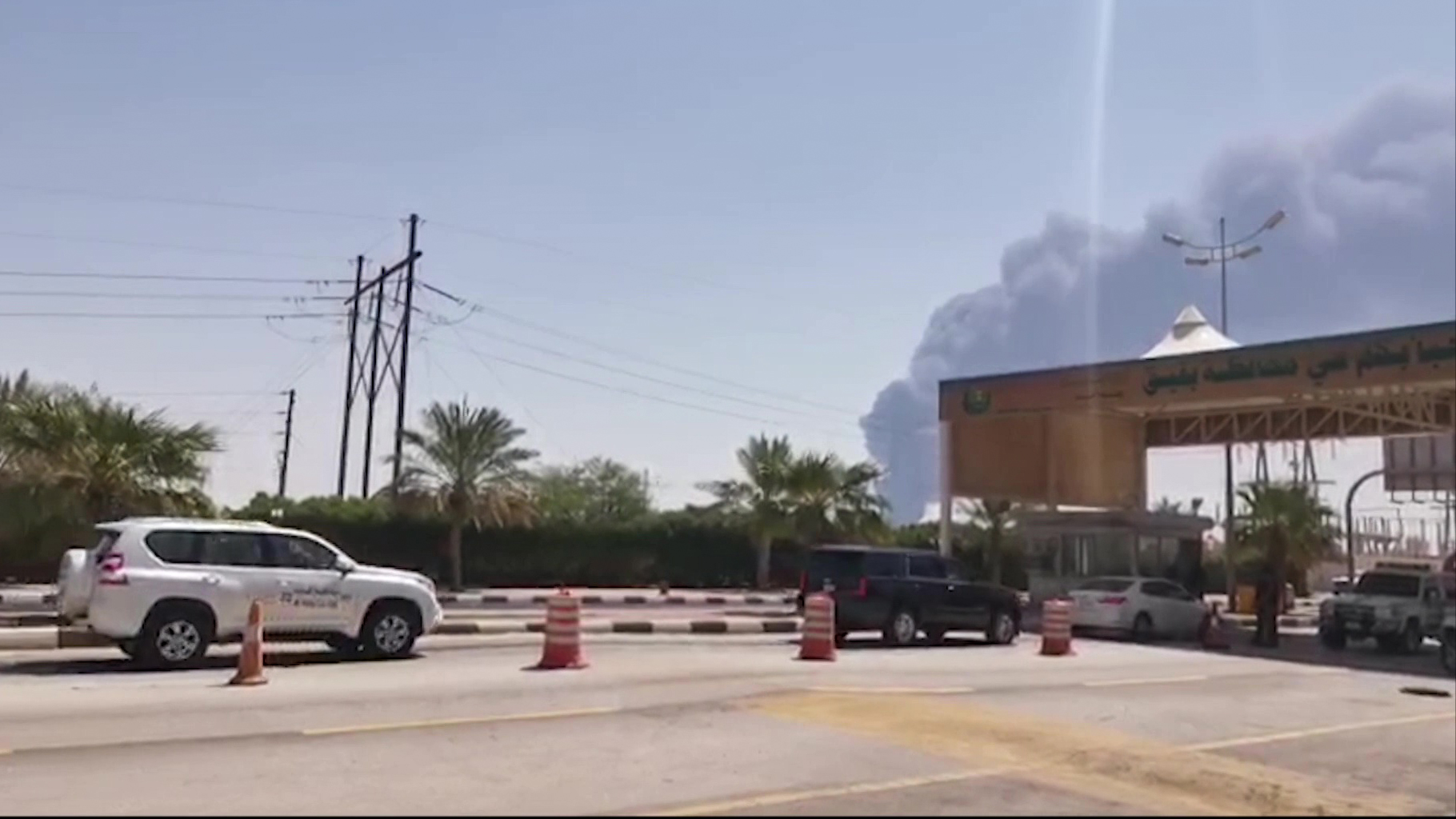High heating oil prices loom over U.S.
TEXT OF STORY
Kai Ryssdal: We’ve done solar so far today and oil shale. Someday in the future, they might help substantially offset the cost of regular oil — down more than $2.50 today to about $124 a barrel, just so you know.
But for the moment, most of us are dependent on crude in some way shape or form, whether it’s to power our cars or to heat our homes in some parts of the country.
More than 80 percent of the home heating oil used in the United States goes to the Northeast. In Vermont, the vast majority of people there use oil or kerosene to stay warm when it’s cold outside. This year, they’re worried they won’t be able to afford to.
From Vermont Public Radio, Jane Lindholm reports.
Jane Lindholm: It’s hurricane season in the South and the first storm to make landfall, Dolly, didn’t do too much damage. But in the northeast, Vermonters have their eyes fixed on the weather headed their way. They think there could be a lot of damage.
Matt Cota: This is our Category 5 storm, except we have six months to prepare and shame on us if we don’t.
Matt Cota is the Executive Director of the Vermont Fuel Dealers’ Association and the storm he’s talking about is this winter’s heating season. Rates for fuel oil have doubled in just two years and consumers are struggling to come up with enough money to get them through the winter at $5-a-gallon prices.
The government assistance that helps the poorest Vermonters pay for heat won’t come close to covering the costs this year and even people who consider themselves middle class are worried.
Retiree Richard Izor is one of them.
Richard Izor: I’ve always had like a $200-a-month buffer in my budget, so that’s what I’m going to have to use to pay for my fuel and that’s not going to cover it either. I’ll be short about $75 a month.
It’s not just consumers, though, who are struggling. Vermont fuel dealers are mostly mom-and-pop operations and they’re often willing to let good customers slide for a few weeks. But Matt Cota at the Fuel Dealers Association says this year, dealers just don’t have that flexibility. Many need triple the line of credit at their banks just to cover the same amount of fuel as last year.
Cota: Many dealers are having to put their personal property — their cars, their homes — up as collateral. So when you’re dealing with those massive numbers, yeah, you bet you’re going to be careful. You’re not going to purchase all your oil and just hope that people show up with a check in hand.
Peter Bourne runs Bourne’s Energy, in Morrisville. His father started the business in 1948 and he’s on a first name basis with many of his customers.
Bourne thinks he’ll be OK. He has a good relationship with his suppliers and with his bank. But he fears that many small dealers in the region will either drop out or go out of business this winter.
Bourne: I think a fear I have is that if the state of Vermont ends up with very few family businesses running the energy business, who’s looking out for the customers?
That’s what Richard Izor wants to know too. He says it keeps him up at night, worrying. He wants government action.
Izor: I’d like to see them come in and put a ceiling on the oil price now before it gets any bigger. Why they haven’t done this is more than I can understand.
Fuel dealer Peter Bourne is hoping this is just a speculative bubble and that the price will drop, maybe to $3.50, $4 — still high, but more manageable. But right now he just feels terrible. He got a call the other day…
Bourne: A 74-year-old lady who’s been a customer for 16 years asking, “Is there anything you can do?” and I’m saying “I can’t do a thing.” That’s the worst, because I know people are going to be hurting and there’s not a damn thing I can do about it.
In Vermont, I’m Jane Lindholm for Marketplace.
There’s a lot happening in the world. Through it all, Marketplace is here for you.
You rely on Marketplace to break down the world’s events and tell you how it affects you in a fact-based, approachable way. We rely on your financial support to keep making that possible.
Your donation today powers the independent journalism that you rely on. For just $5/month, you can help sustain Marketplace so we can keep reporting on the things that matter to you.


















